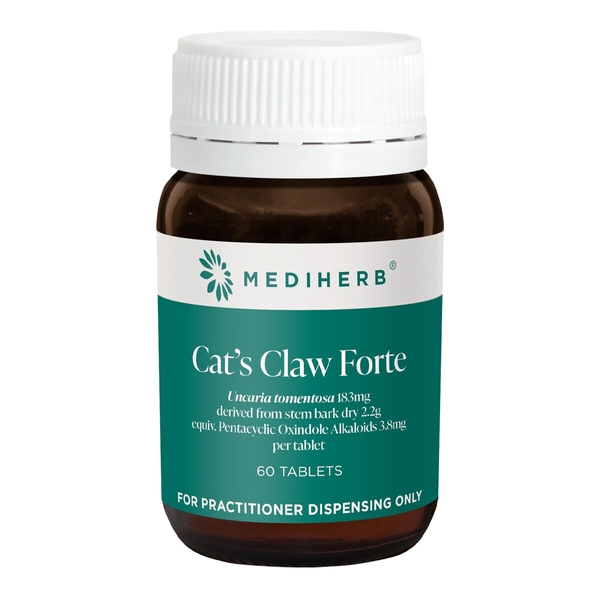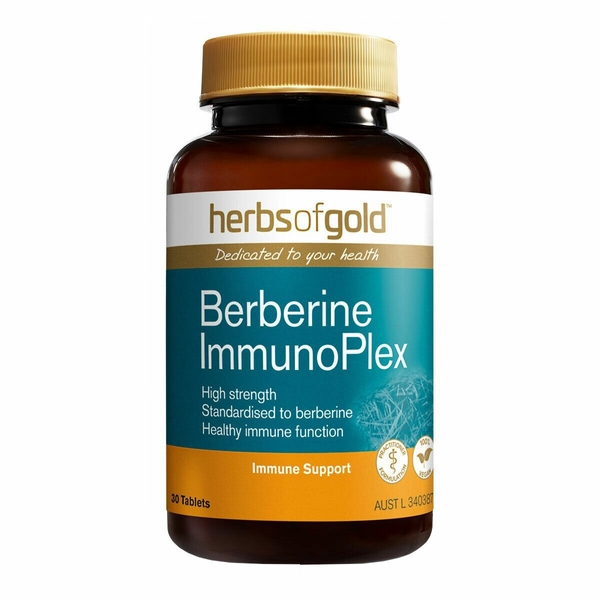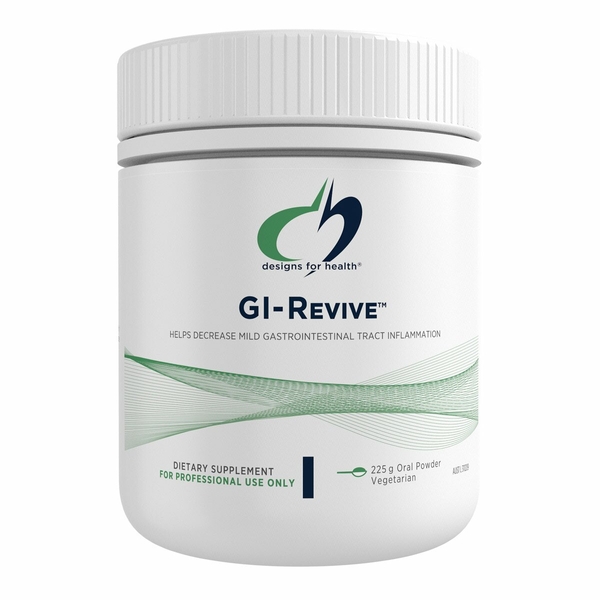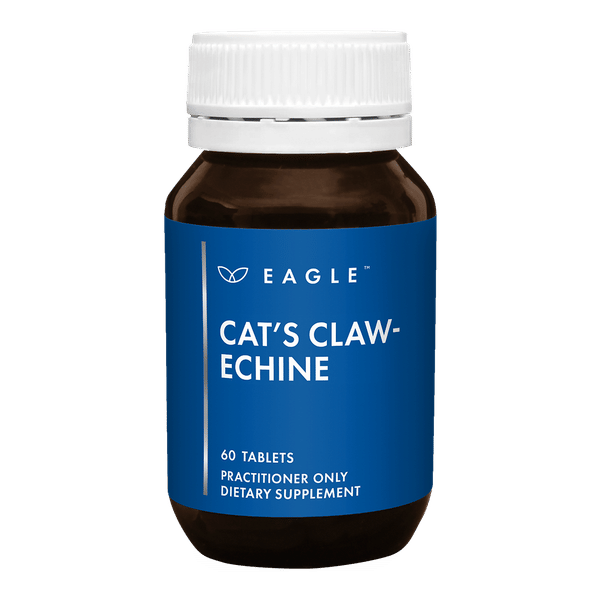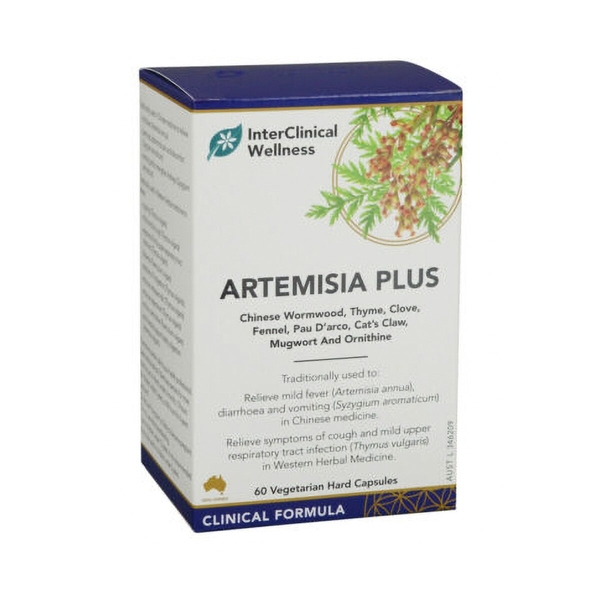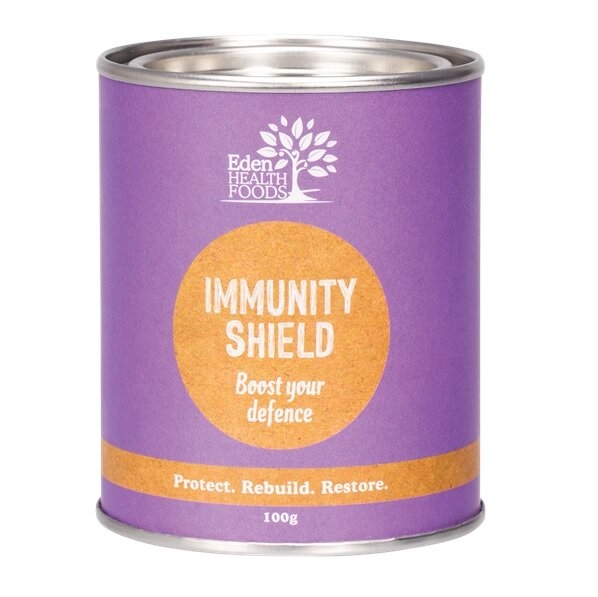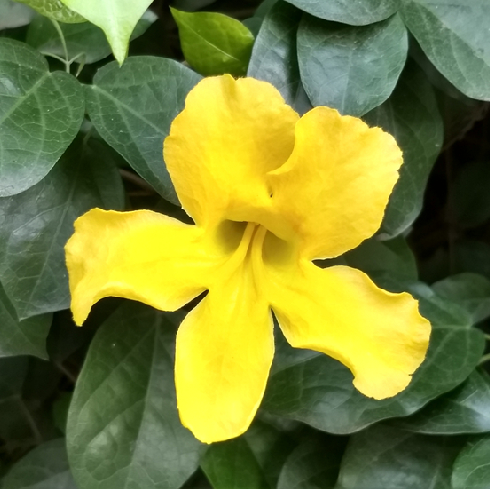
Background
Cat's claw root and bark contain chemicals that might stimulate the immune system, kill cancer cells, and fight viruses.
People use cat's claw for cancer, osteoarthritis, rheumatoid arthritis (RA), viral infections, and other conditions, but there is no good scientific evidence to support any of these uses. There is also no good evidence to support using cat's claw for COVID-19.
Don't confuse cat's claw with cat's foot or devil's claw. These are different plants.
Safety Safety definitions
When applied to the skin: There isn't enough reliable information to know if cat's claw is safe or what the side effects might be.
Special Precautions & Warnings:
Pregnancy: Taking cat's claw by mouth is possibly unsafe during pregnancy. Avoid using.Breast-feeding: There isn't enough reliable information to know if cat's claw is safe to use when breast-feeding. Stay on the safe side and avoid use.
Auto-immune diseases such as multiple sclerosis (MS), lupus (systemic lupus erythematosus, SLE), or other similar conditions: Cat's claw might cause the immune system to become more active. This could increase the symptoms of auto-immune diseases. If you have one of these conditions, it's best to avoid using cat's claw without consulting with your healthcare provider.
Kidney disease: There is a concern that cat's claw might injure the kidneys. Consult with your healthcare provider before using cat's claw.
Parkinson disease: There is a concern that cat's claw might make tremors or movements worse in people with Parkinson disease. Consult with your healthcare provider before using cat's claw.
Surgery: There is a concern that cat's claw might make bleeding control difficult during surgery. Stop taking cat's claw at least 2 weeks before a scheduled surgery.
Effectiveness
Dosing & administration
Interactions with pharmaceuticals
Medications changed by the liver (Cytochrome P450 3A4 (CYP3A4) substrates)
Interaction Rating=Moderate Be cautious with this combination.
Some medications are changed and broken down by the liver. Cat's claw might change how quickly the liver breaks down these medications. This could change the effects and side effects of these medications.
Medications for high blood pressure (Antihypertensive drugs)
Interaction Rating=Moderate Be cautious with this combination.
Cat's claw might lower blood pressure. Taking cat's claw along with medications that lower blood pressure might cause blood pressure to go too low. Monitor your blood pressure closely.
Medications for high blood pressure (Calcium channel blockers)
Interaction Rating=Moderate Be cautious with this combination.
Cat's claw might lower blood pressure. Taking cat's claw along with medications that lower blood pressure might cause blood pressure to go too low. Monitor your blood pressure closely.
Medications that decrease the immune system (Immunosuppressants)
Interaction Rating=Moderate Be cautious with this combination.
Cat's claw can increase the activity of the immune system. Some medications, such as those used after a transplant, decrease the activity of the immune system. Taking cat's claw along with these medications might decrease the effects of these medications.
Medications that slow blood clotting (Anticoagulant / Antiplatelet drugs)
Interaction Rating=Moderate Be cautious with this combination.
Cat's claw might slow blood clotting. Taking cat's claw along with medications that also slow blood clotting might increase the risk of bruising and bleeding.
Nirmatrelvir/Ritonavir (Paxlovid)
Interaction Rating=Moderate Be cautious with this combination.
Cat's claw might increase how quickly the liver breaks down nirmatrelvir, the active component in the combination nirmatrelvir/ritonavir. Taking cat's claw with nirmatrelvir/ritonavir may decrease the effects of the active component, nirmatrelvir.
Interactions with herbs & supplements
Herbs and supplements that might slow blood clotting: Cat's claw might slow blood clotting and increase the risk of bleeding. Taking it with other supplements with similar effects might increase the risk of bleeding in some people. Examples of supplements with this effect include garlic, ginger, ginkgo, nattokinase, and Panax ginseng.
Interactions with foods
Products
View all products- Uncaria tomentosa (Cat's claw) ext. 200 mg
- Glutamine 2 g
- Zinc carnosine (Polaprezinc) 74.41 mg equiv. zinc 16 mg
- Pectin 1 g
- Ulmus rubra ext. 125 mg
- Quercetin 100 mg
- Dimethyl sulfone (MSM) 100 mg
- Glycyrrhiza glabra ext. 50 mg
- Matricaria chamomilla ext. 20 mg
- Aloe barbadensis ext. 2.5 mg
- Althaea officinalis ext. 5 mg
- Hibiscus esculentus ext. 25 mg
- Uncaria tomentosa (Cat's claw)
- Echinacea angustifolia
- Astragalus membranaceus
- Sambucus nigra (fruit)
- Lycium barbarum
- Rosa canina
- Luo Han Guo (fruit) ext. (Monk fruit)
- Echinacea purpurea
- Sambucus nigra
- Glycyrrhiza glabra (root)
- Olea europaea (leaf)
- Calendula officinalis
- Origanum vulgare
- Mentha x piperita
- Thymus vulgaris
- Cola acuminata
- Foeniculum vulgare
- Inula helenium
- Asclepias tuberosa
- Achillea millefolium
- Armoracia rusticana
- Capsicum spp.
- Allium sativum
- Allium cepa
- Zingiber officinale
- Cordyceps sinensis (mushroom)
- Ganoderma lucidum (mushroom)
- Lentinula edodes (mushroom)
- Tremella fuciformis (mushroom)
- Trametes versicolor (mushroom)
- Salvia eremostachya
- Hericium erinaceus (mushroom)
- Inonotus obliquus (mushroom)
- Ilex paraguariensis

